Keywords: Michael Mcveigh
There are more than 24 results, only the first 24 are displayed here.
Become a subscriber for more search results.
-
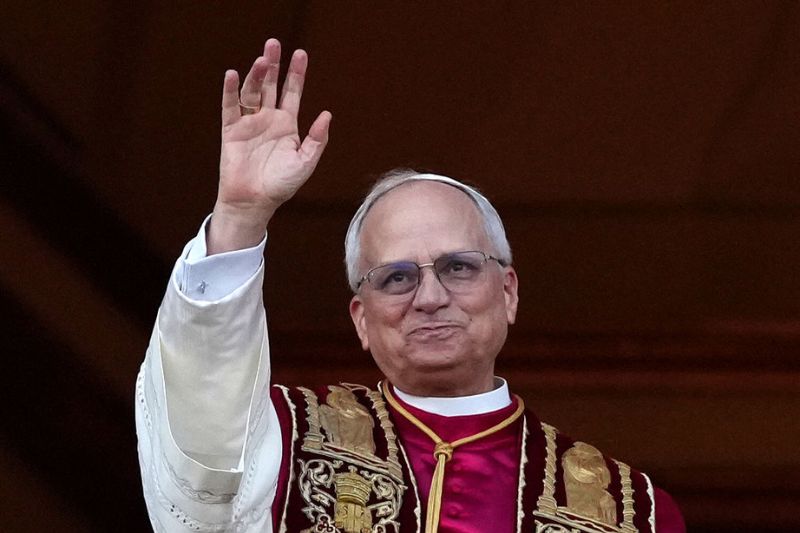
RELIGION
- Michael McVeigh
- 09 May 2025
Pope Leo XIV, the first US-born pontiff, brings a global, socially engaged background and cautious conservatism to the papacy. Fluent in five languages and steeped in canon law, his past hints at reform tempered by tradition. His views on synodality, gender, and justice will shape Catholicism’s next chapter.
READ MORE
-
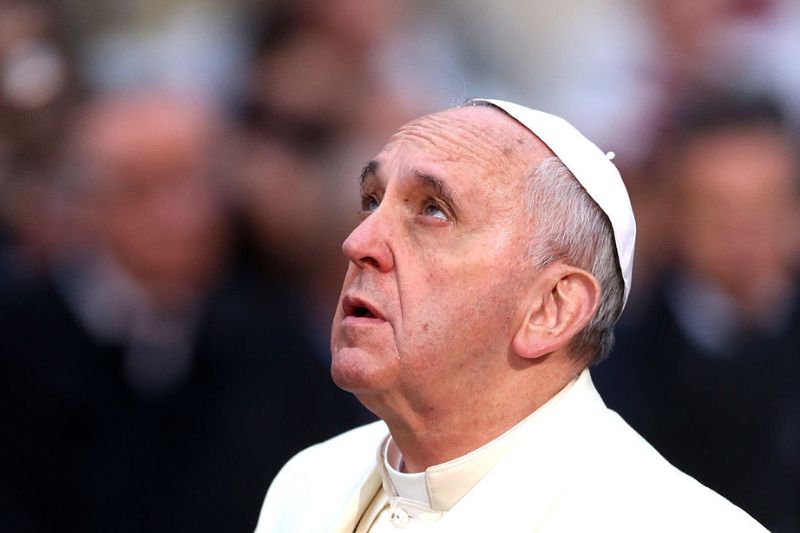
RELIGION
- Michael McVeigh
- 30 April 2025
Pope Francis’ pontificate was marked not by triumph but by a humble reckoning with failure. In a Church marked by scandal, division, and decline, he didn’t reverse the tide but pointed to another measure of faithfulness: mercy over mastery, presence over power, and the courage to fail, not downward, but upward.
READ MORE
-
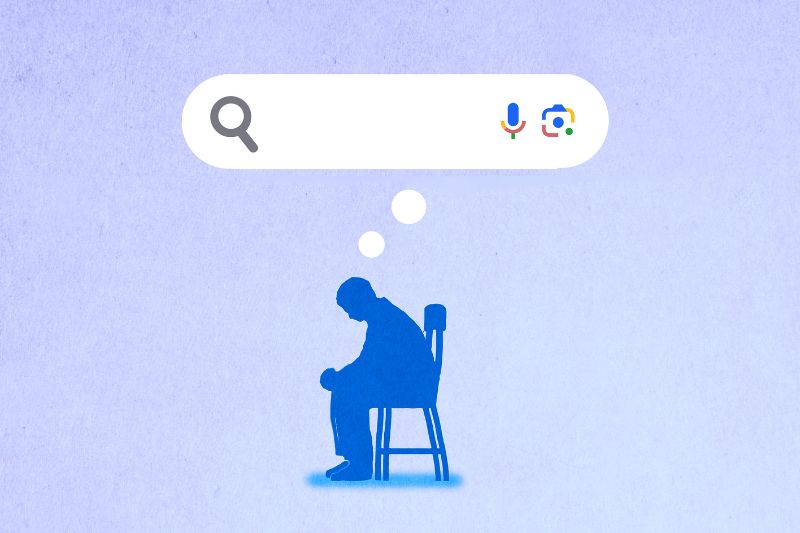
RELIGION
- Michael McVeigh
- 12 February 2025
Vice President JD Vance’s defense of Trump’s executive orders has ignited a theological debate on "ordo amoris"—the order of love. Critics argue that reducing love to a hierarchical formula distorts Catholic social teaching. But is the influence of big tech reshaping both religious thought and our global priorities?
READ MORE
-
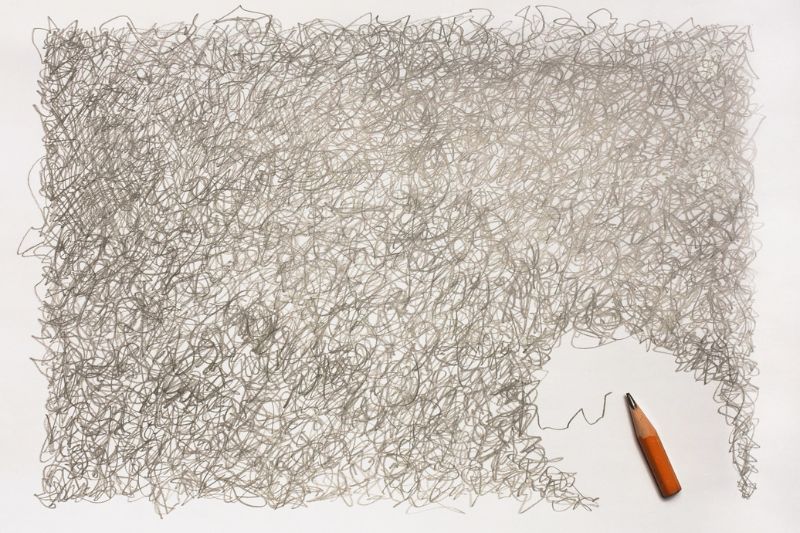
AUSTRALIA
- David Halliday, Michael McVeigh, Laura Kings, Michele Frankeni, Andrew Hamilton
- 18 December 2024
To close the year for Eureka Street, the editorial team are taking a step back to reflect on the character of 2024. What did it demand of us? What did it teach us about ourselves, and the world we inhabit?
READ MORE
-

ENVIRONMENT
- Michael McVeigh
- 28 November 2024
Following an underwhelming COP29 climate summit, many are grappling with a collective climate despair in light of sobering news that the 1.5-degree warming target is no longer achievable. How should we confront such a reality while working to build a better, more sustainable world with a sense of hope?
READ MORE 
-

RELIGION
- Michael McVeigh
- 18 November 2024
7 Comments
Religious persecution often fades from public view unless it fits a political agenda. Yet Christians worldwide continue to face existential threats, from systemic repression in China to deadly violence in Nigeria. It’s worth reflecting on the cost of indifference and what it means to advocate for justice beyond our culture wars.
READ MORE
-
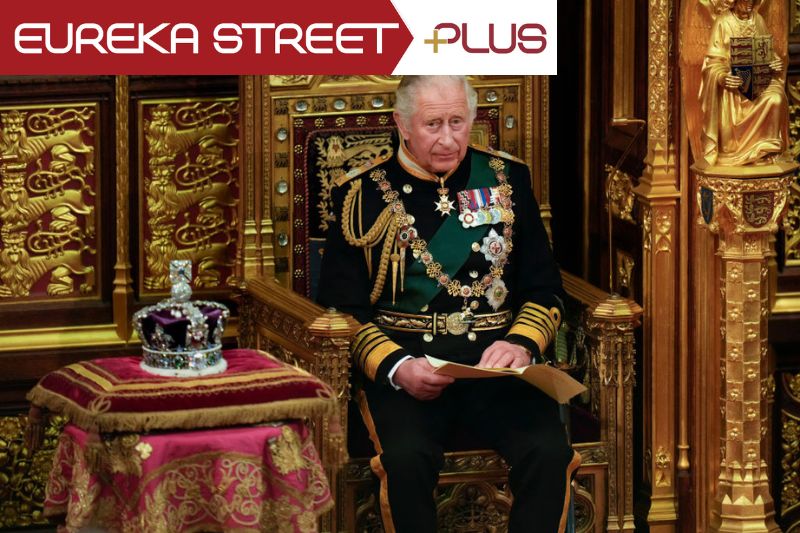
AUSTRALIA
- Michael McVeigh
- 21 October 2024
7 Comments
With King Charles and Queen Camilla’s pending arrival in Australia, I have a guilty admission to make. The older I’ve become, the more fondness I have for our constitutional monarchy. That’s not to say I wouldn’t welcome a move to an Australian republic. However, I’m cautious about the sort of republic we might make for ourselves.
READ MORE 
-
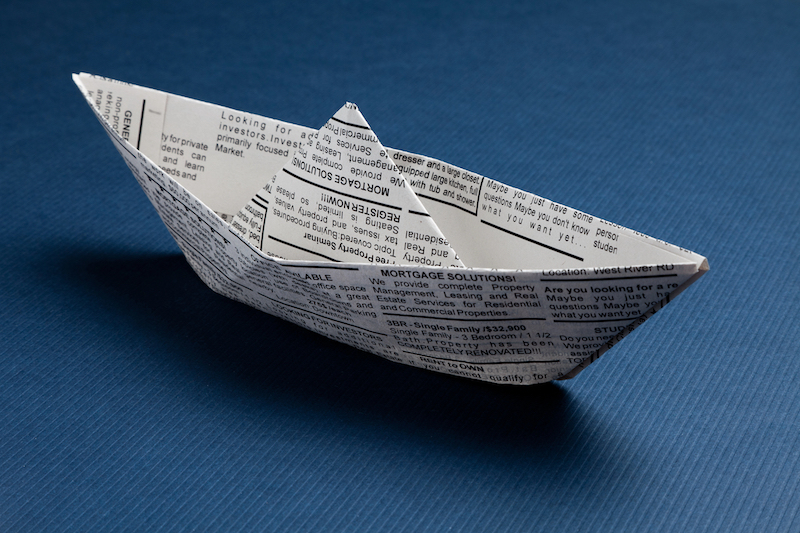
RELIGION
- Michael McVeigh
- 26 September 2024
2 Comments
There once might have been a distinction between ‘Christian journalism’ and ‘Christian PR’, however today those lines are far more muddied. The demise of the Australasian Religious Press Association might have been brought about by changing tides, but for those of us left it leaves one less lifebuoy to cling to.
READ MORE
-

AUSTRALIA
- Michael McVeigh
- 12 September 2024
I’m now the same age my father was when he was diagnosed with cancer. I wonder about my own genetics and my two young children. Of course, there are things we can do to potentially influence our destiny, but so much of who we are is written in our bodies in permanent ink.
READ MORE 
-

AUSTRALIA
- Michael McVeigh
- 11 September 2024
2 Comments
Gambling ads are infiltrating children's sports content, raising concerns about the impact on the development of young minds. Is our current gambling culture something we want to hand on to the next generation?
READ MORE
-
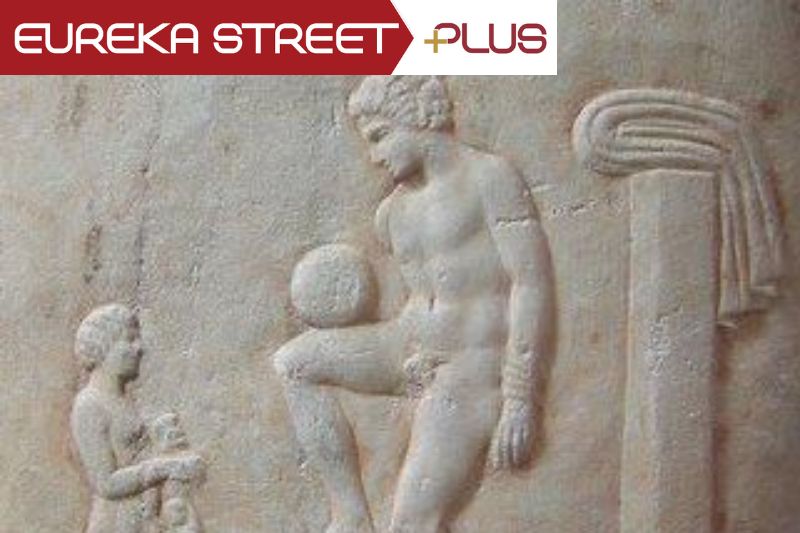
INTERNATIONAL
- Michael McVeigh
- 05 August 2024
1 Comment
Imagine a universe where the arts, rather than sport, gets all the money and attention from the masses. But we'd be mistaken if we it tried to set up art and sport as opposite rather than complementary pursuits.
READ MORE 
-

AUSTRALIA
- Michael McVeigh
- 25 July 2024
2 Comments
While proposing broader access to tax deductibility for some charities, the Productivity Commission's new report on charitable giving suggests removing benefits for religious entities. This raises serious questions about the role of religion in fostering charitable giving and the potential consequences of these reforms for Australia's charitable landscape.
READ MORE